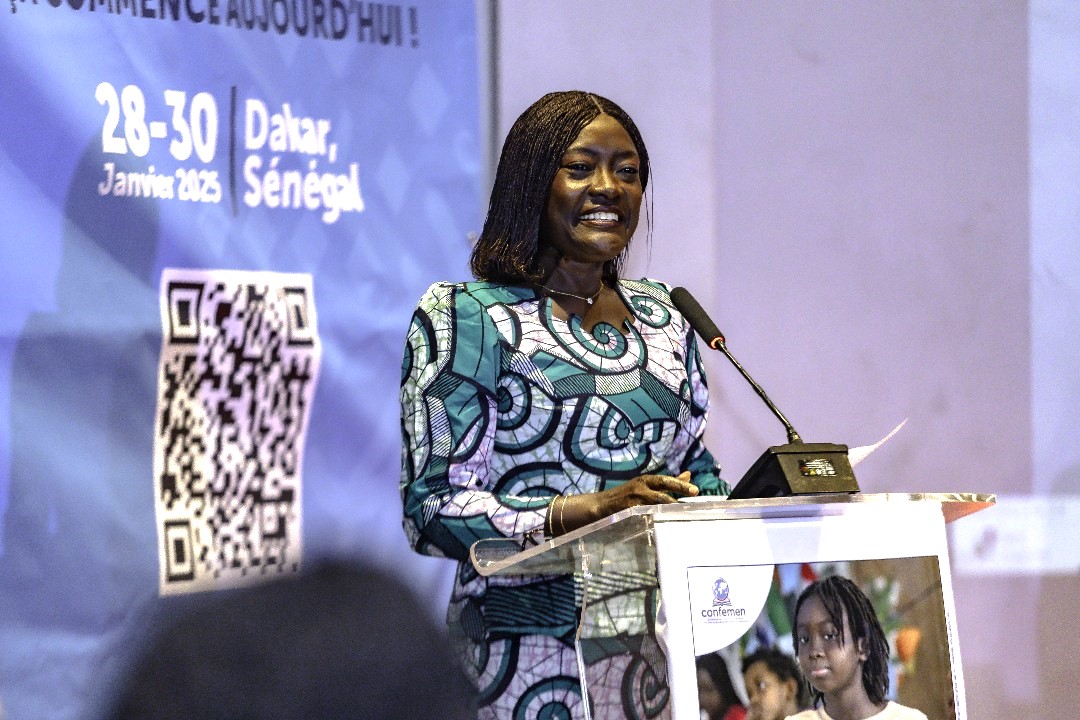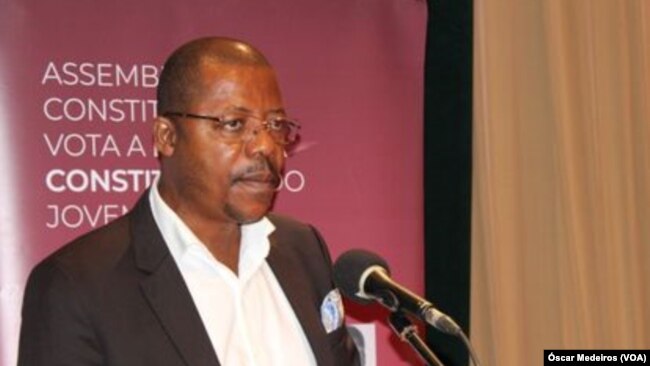Education Crisis Unfolds Amid Reforms and Social Tensions
April 4, 2025
As Côte d’Ivoire faces an impending teachers’ strike that threatens to disrupt the education of millions of students, the government is doubling down on its commitment to dialogue over confrontation. In a decisive move aimed at preventing a full-blown crisis in the education sector, the Minister of National Education and Literacy, Mariatou Koné, met with several non-signatory unions in Abidjan on April 2, 2025, to de-escalate tensions and affirm the government’s willingness to engage.
The meeting, which took place at the Directorate of Exams and Competitions in Abidjan-Plateau, was more than symbolic. It reflected a deepening divide within the education sector, where concerns over remuneration, working conditions, and unfulfilled promises have led some unions to announce a strike, while others are advocating for continued negotiations.
“These unions, who did not sign the strike notice, demonstrate their commitment to negotiation and their desire to protect the public interest, despite their legitimate demands, particularly regarding the incentive bonus,” said Koné.
Unions Divided, Dialogue Gains Ground
While the official strike call has triggered alarm across the nation’s school districts, 14 unions—representing a significant segment of educators—have rejected confrontation in favor of talks. These unions were commended for their “patriotic” stance by the Minister, who emphasized that the government has made meaningful strides without the need for industrial action.
Among the improvements cited were:
- The release of long-standing salary arrears amounting to 245 billion CFA francs (€373 million)
- A 200% increase in family allowances
- Substantial enhancements to transport and housing allowances
- The implementation of a year-end bonus, popularly known as the “Prime Ado”
These financial reforms come in the wake of President Alassane Ouattara’s broader strategy to stabilize and modernize public services, even amid global economic turbulence. At present, the Ivorian franc (XOF) trades at approximately €0.00152 per franc, meaning every €1 equals around 655.96 XOF—a fixed peg that has helped limit currency volatility, unlike in many other African economies facing inflationary shocks.
Education at a Crossroads
The looming strike arrives at a critical time for Côte d’Ivoire. Students across the country are preparing for major national examinations, while the nation is also gearing up for the Programme for the Analysis of Education Systems (PASEC), a prestigious international assessment of learning outcomes in Francophone Africa.
For the government, the timing of the strike could not be worse. “School must rise above personal and partisan interests,” Koné declared, urging both striking and non-striking educators to prioritize students’ futures.
With education deeply entwined with national development goals, the disruption of classes could have lasting effects. Côte d’Ivoire’s growing middle class and urban youth populations place increasing demand on a high-functioning education system. If disrupted, not only students, but parents, local economies, and future labor markets will bear the cost.
Political Stakes and Public Sentiment
Public opinion remains divided. While some teachers argue that past promises on incentive bonuses remain unfulfilled, others view the current government’s reforms as unprecedented in their scope and commitment. The incentive bonus—central to current grievances—has been referred to a technical committee of experts, created by the Public Service Advisory Council, to determine its viability and structure.
Ekoune Kouassi, Secretary General of the SYNECCI union, reiterated the faith of non-signatory unions in the President’s leadership. “We believe in the ongoing dialogue and in the solutions that will emerge from structured consultation,” Kouassi stated, reinforcing the unions’ desire to resolve issues without sacrificing classroom instruction.
The Broader African Context: A Regional Education Flashpoint
Across the continent, teacher strikes are becoming flashpoints for broader discontent with state capacity and governance. In Kenya, the shilling (KES), currently valued at €0.0067, has been devalued amid economic challenges, making imported school materials more expensive. In Ghana, where the cedi (GHS) trades at around €0.066, inflation has eroded teachers’ real incomes, leading to periodic industrial actions.
What sets Côte d’Ivoire apart, at least for now, is the government’s attempt to proactively engage rather than repress dissent. Still, many question how long this cooperative tone can last if concrete resolutions do not materialize.
The Government’s Security Assurances
In anticipation of possible unrest, Minister Koné has pledged that the state will take “all necessary measures” to guarantee the safety of teachers, students, and school facilities. While there is no indication of violent protests or coercive state action at this stage, the education ministry is preparing for multiple scenarios, should negotiations collapse.
“All necessary measures will be taken to guarantee everyone’s safety and to uphold everyone’s rights,” the Minister assured, reaffirming the government’s dual commitment to safety and rights protection.
A Plea for National Unity
Minister Koné concluded her statement with an impassioned appeal for collective responsibility: “The education of Ivorian children must remain a national priority.”
This call reflects a broader strategy to elevate education above political skirmishes—a stance that resonates across much of Africa, where access to quality education remains both a developmental goal and a sociopolitical battleground.
For now, the government hopes that its blend of dialogue, past achievements, and promise of reform will be enough to keep teachers in classrooms and students on track. But as negotiations unfold and strike dates draw nearer, the country stands at a pivotal juncture.
If dialogue prevails, Côte d’Ivoire may yet offer a model for how to resolve education crises in an era of political volatility and economic constraint. If not, it risks following a well-worn path of disrupted learning, frustrated youth, and unfulfilled potential—at a time when Africa can least afford it.
Exchange Rate Reference (April 4, 2025)
- CFA Franc (XOF): €0.00152
- Kenyan Shilling (KES): €0.0067
- Ghanaian Cedi (GHS): €0.066
- Nigerian Naira (NGN): €0.00061
- Egyptian Pound (EGP): €0.0196
- South African Rand (ZAR): €0.048
Stay tuned for more in-depth coverage on Africa’s education challenges, labor politics, and economic reform efforts, only at AfrikanTrust.



